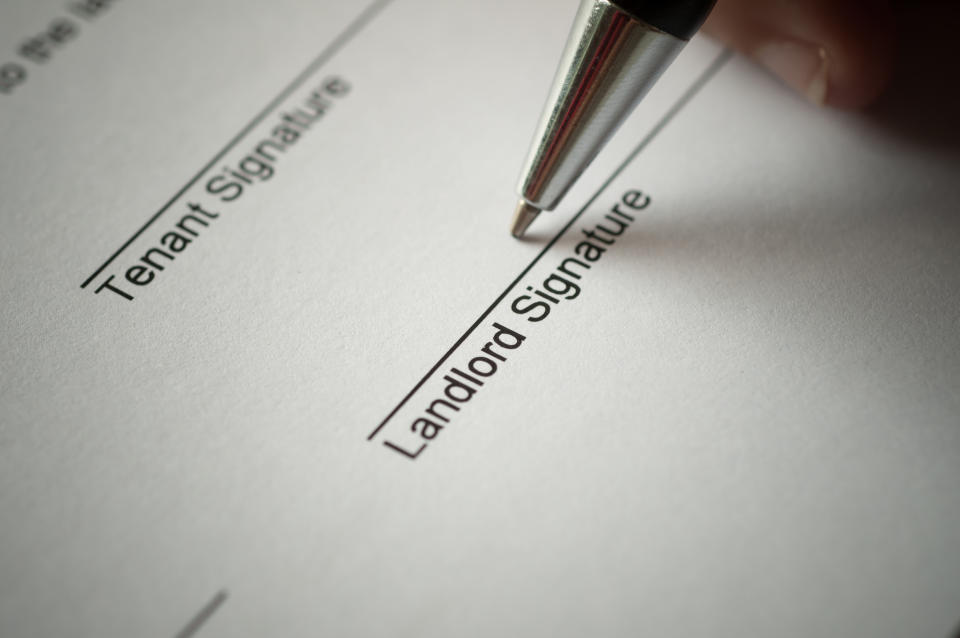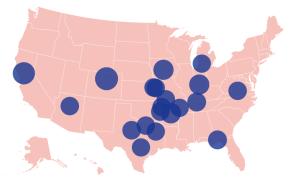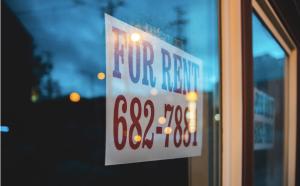7 key questions to ask your landlord before you sign a lease
Dwellsy is a Cashay content contributor. It’s also an apartment-listing site that provides easy-to-use tools to find, sort, and share the homes you like.
Signing a lease is a rite of passage. You’re getting a new place (exciting!), but you’re also volunteering for a huge financial and legal commitment (scary!).
Here at Dwellsy, we’ve learned that a little planning can help you amp up the exciting parts and minimize the scary ones. Here are some of the best questions to ask your landlord to make sure you know what you’re signing up for.

1. What are the basic lease terms?
How much is the rent? You might learn the rent doesn’t match what was advertised. You definitely want clarity on the monthly cost before you sign a lease.
When is the rent due? Rent is usually collected the first of every month, but can also be the day of the month that you moved in.
When is move-in day? You can often select your move-in date, as long as it’s within a reasonable time frame.
How long is the lease (the “term”) and when does it expire? The typical lease length is 12 months, but can sometimes be shorter or longer.

2. How do I get utilities and internet access?
Living without electricity, water, gas, and the internet isn’t fun.
Getting your utilities set up in your name can be a chore, but your landlord should know how to make it happen and give you a sense of how long it will take to get your necessities activated.
3. Is renters’ insurance required?
Many landlords require tenants to carry a renters’ insurance policy.
They’ll typically ask that you carry insurance that will cover them against any damage you might cause (liability-only insurance), but it’s often worth a few extra dollars per month to pay for personal property insurance.
4. How do I report a maintenance issue?

When something breaks (and sadly, something will break), know how to get in touch with someone capable of fixing the issue. Depending on your new home, the call might be to the landlord or to a maintenance professional who supervises the property.
Some properties have smartphone apps you can use to submit a maintenance ticket.
Related question: How quickly should I expect maintenance issues to be resolved? Some landlords fix things right away while others take their time. It’s helping to know the level of responsiveness before you move in.
5. Can I have a pet dog/cat/rabbit/chinchilla/llama?
Maybe you already have a pet or maybe you’re thinking about adopting. Either way, check with your new landlord to see if pets are allowed before you sign a lease.
For most of us, if the building won’t allow Fluffy, Rex, or Princess, then we’re not moving in. Others might be trying to decide whether or not to get a pet, and it’s good to know if you have the option.
6. How do I renew my lease?

Sooner or later, every lease comes to an end. Ask in advance if there are any associated fees so you can plan for the future.
If you plan on staying, the landlord should offer you a simple renewal process.
7. How do I move out?
Before you move out, you will have to give notice.
In some places, you have to give 30 or 60 days’ notice. If you don’t give notice, the lease can automatically extend on a month-to-month basis.
Sometimes life is unpredictable and you need to move out before the lease expires. It’s great to know what happens in the case that situation arises. Landlords vary widely in terms of how they handle lease-breaking, so always great to ask.
Read more information and tips in our Renting section






